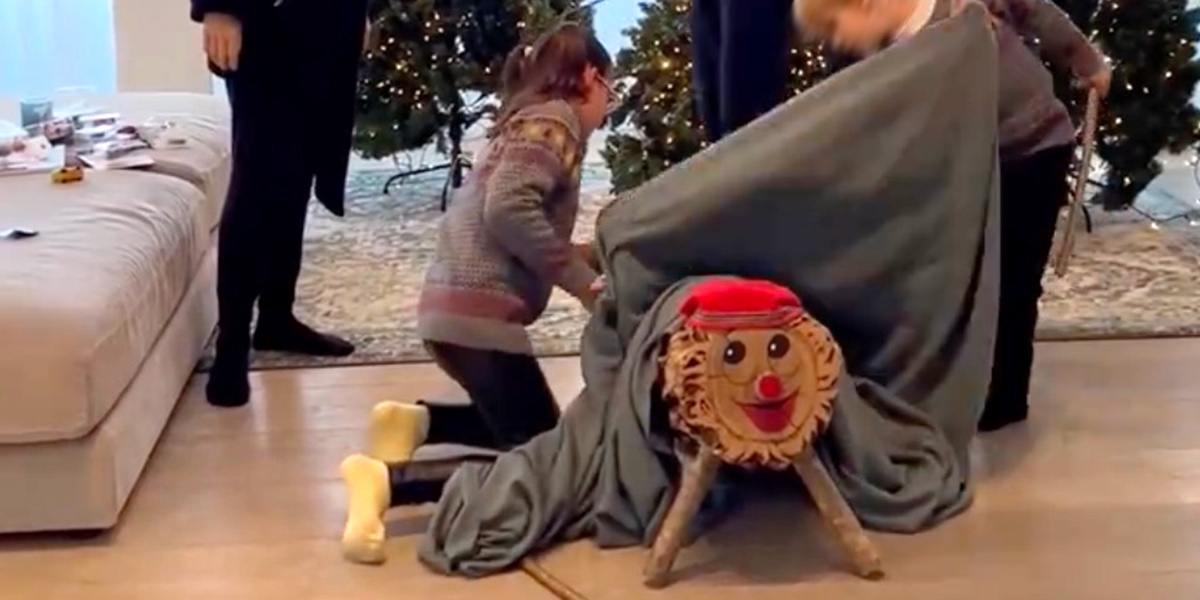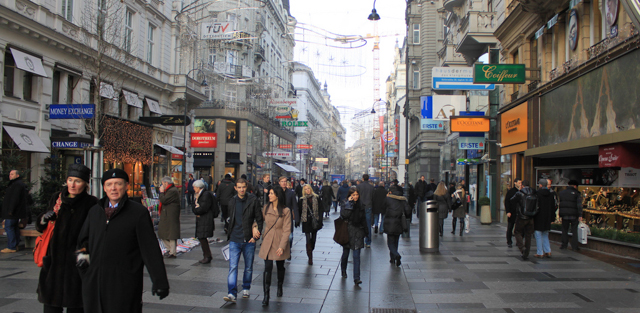Coronavirus in Italy: what to do and who to call if you need help

Puoi leggere questo articolo in italiano
Puedes leer este artículo en español
Вы можете прочитать эту статью на русском языке
Vous pouvez lire cet article en français
你可以用中文读这篇文章
Puteți citi acest articol în limba română
Ten tips to follow in: Albanian, Somali, Urdu, Portuguese, Bengali, Punjabi, Aramaic, Tigrinya, Sinhalese.
يمكنك قراءة هذا المقال باللغة العربية
The spread of coronavirus in Italy has reached a serious and worrying level: there are thousands of people infected and there have been hundreds of deaths. These numbers have been increasing every day for almost three weeks. Italy is among the countries most affected by the epidemic, and the containment of the virus requires the immediate commitment of all citizens, starting with those living in Northern Italy, in particular in Lombardy, Veneto, Emilia- Romagna and Piedmont.
For millions of people in Italy the coronavirus will have a big economic impact, and many will lose their jobs. If we all do our part and respect the rules, not only will the number of people who fall ill and die be dramatically smaller, but the number of people who will lose their jobs and who will suffer the economic consequences of the epidemic will also decrease.
We need commitment and sacrifice from everyone now so that these difficulties will end more quickly and have less of an impact on everyone’s lives.
This is a short guide that explains what the situation is and how to behave.
The current situation
For most infected people, the symptoms of the coronavirus are similar to those of the flu. For some people – the elderly, the sick, but also more rarely young and healthy people – it causes serious complications. Hundreds are currently being hospitalized in intensive care units (ICU). You should not be imprudent, even if you are young: you still risk contracting the virus in a serious form and infecting other people who could end up in the hospital.
The most serious problem of the coronavirus epidemic is that it is putting Lombardy’s health system into a crisis and it could do the same with other regions as the number of infections increases. Hospitals’ intensive care units are filled with coronavirus patients; and doctors and paramedics are taking long and exhausting shifts to care for them. In many hospitals in Lombardy the situation is desperate. There are no resources and no time to take care of patients with other problems, whose surgeries have been postponed and who, in some cases, cannot be treated even in case of emergency.
Health experts have been warning for days that if the epidemic continues at this rate, it will become necessary to give priority to younger patients, with the risk of leaving older patients to die.
It’s important to follow the recommendations of the authorities to contain the coronavirus and to prevent this situation worsening in the hospitals in Lombardy and in the rest of Italy.
What the government has decided
The government has decided to close all “non-essential” commercial activities in Italy until March the 25th. Supermarkets, food stores, pharmacies, petrol stations, tobacconists, laundries and banks will stay open, as will – for example – computer and electronics stores, pet supplies stores and hardware stores (a complete list can be found here, in Italian).
Restaurants and bars will be allowed to operate only for home deliveries.
Factories will be allowed to operate and agricultural and livestock activities will continue (provided that precautions – such as a minimum distance of 1 meter between workers – are taken to guarantee a safe working environment).
Schools (including universities) will stay closed throughout Italy until April the 3rd and cinemas, theaters, discos, pubs, swimming pools, gyms and sports centers will be closed throughout the country; concerts, shows and fairs, sporting events, including Serie A football will be suspended.
The most important restrictions concern movement and travel: since Monday, March the 9th, you can travel only if it is strictly necessary for work, health reasons or emergencies. This means that you have to stay home as much as you can. When you travel by car or train you might be stopped by law-enforcement officials who could ask for the reason that you are traveling and fine you if you are not respecting the rules. In fact, the government wants citizens to stay at home as much as possible and to meet as few people as possible. At train stations, law-enforcement officials will carry out checks at the entrances, which may include measuring people’s temperatures. Goods can still move freely.
Those who need to travel for work, for health reasons or other emergencies will have to fill in a special form. The form is available here, only in Italian, at the moment. You can also fill it in when you are stopped for police checks, as it should be provided to you.
You can leave the house to go and buy food. You can go to help a sick relative, but you must do it by following the recommendations and limiting social contact.
What to do if you’re sick, or if someone in your family is sick
• If you have a cough or are experiencing breathing difficulty, take your temperature. If it’s higher than 37.5 ° C, stay at home.
• If you have a general practitioner, call him or her to ask how you should behave.
• If you do not have a primary care physician and you or a family member have the above symptoms, do not go to the emergency room. If you are in Lombardy call 800.89.45.45 (it’s free) and explain the situation; in the rest of Italy you can call 1500 (it’s free).
• If a person who lives with you shows the symptoms above, try to isolate him or her as much as possible. If you can, dedicate him or her a room, and ask him or her to clean the common surfaces after he/she touches them.
• If you are sick, have a fever, cough or are experiencing breathing difficulty it is important that you stay home from work. Call your employer and explain the situation, it is in your interest and in his/her interest to avoid infecting those who work with you.
How to behave even if you are well
• Stay home as much as possible.
• If you cannot stay home from work, try to reduce contact with other people. For example, avoiding being close to others on the bus and keeping a distance of at least one meter from colleagues.
• Avoid crowded places; for example, bars.
• Keep a distance of at least one meter from other people.
• Avoid greeting people with hugs, kisses and handshakes.
• Avoid sharing food and drinks with other people: use your own plate and glass.
• As much as possible, keep children at home and prevent them from meeting with classmates.
• Wash your hands frequently for at least 20-30 seconds, rubbing them well with soap and water, especially before eating and when you are away from home.
• If you don’t have running water, wash your hands using an alcohol-based disinfectant (alcohol used for cleaning the house is also suitable – you can take it with you by reusing a plastic bottle).
• Cough and sneeze into your elbow and not into your hand.
• Try as much as possible not to touch your face – mouth, nose and eyes in particular – with your hands.
• Avoid as much as possible touching surfaces in public places (trains and buses, for example).
• Clean the surfaces of your house frequently;
• You can go out to shop and buy the things you need but do it by trying to keep distance from other people and avoiding to touch a lot of surfaces.
• use the mask only if you think you are sick or if you are caring for sick people.



